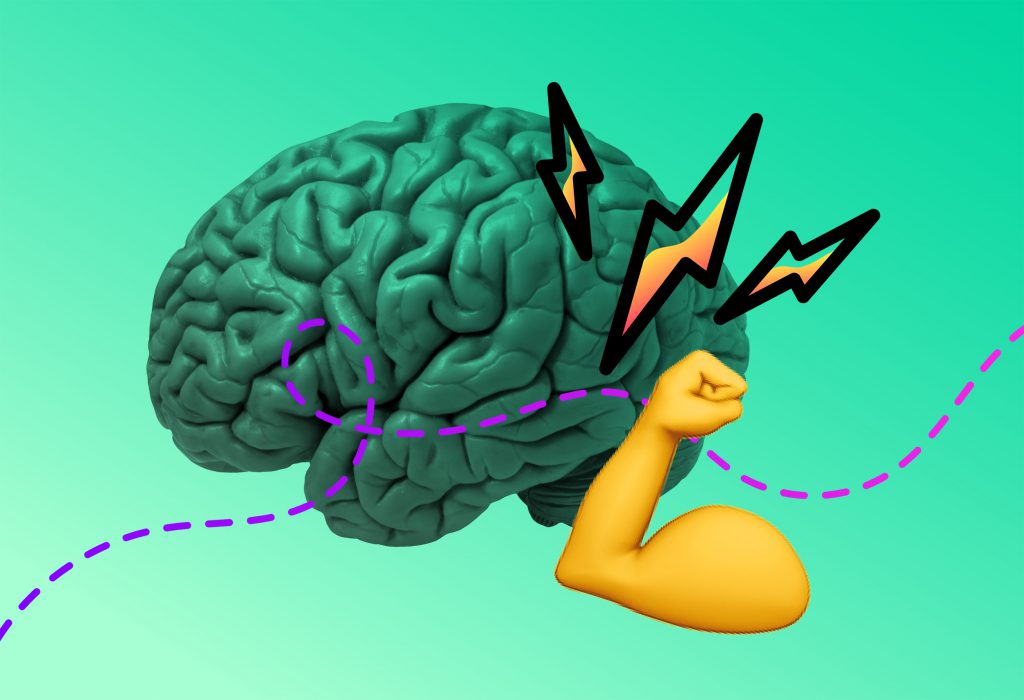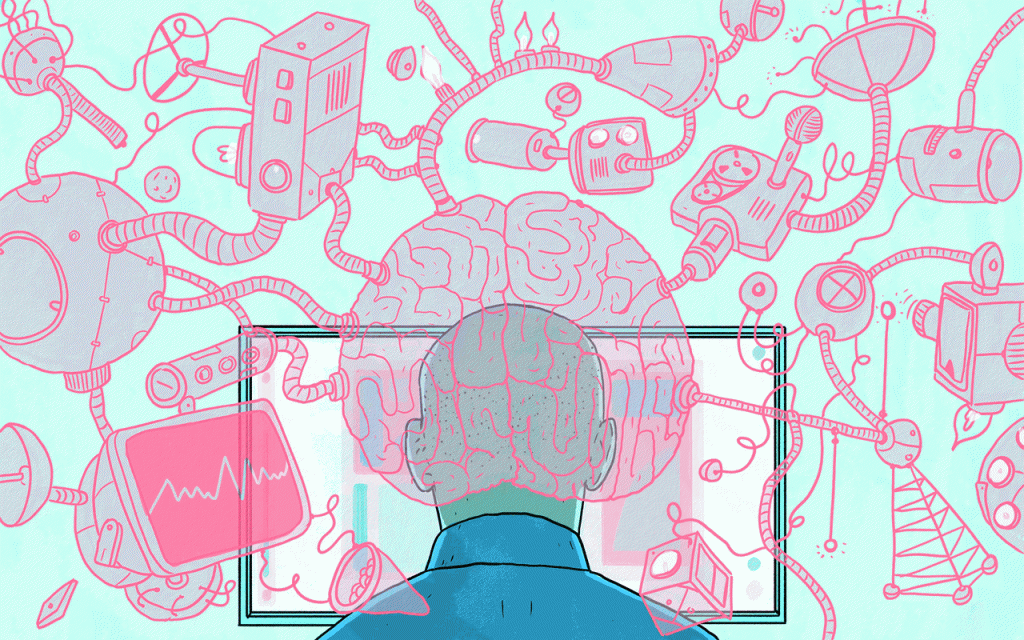We live in a time when most information is within reach of the common person. All one has to do is find it online. Unfortunately, we live in an age of misinformation, where many folks have a difficult time determining what’s fact and what’s false.
That’s because the technology has outpaced regulation. There’s practically nothing stopping someone from spreading lies online in a way that depicts them as truth. Disseminated by a large enough audience, and that misinformation spreads like wildfire.
But how does one successfully steer clear of misinformation? How can we free ourselves of lies and deception? The unfortunate truth is that it’s impossible to completely purge ourselves of inaccurate information spread online. Instead, we must become better at knowing the difference between facts and data we can trust and that which ought to generate a raised eyebrow.
I Want To Become Good Better Best In Life
While the current plague of misinformation is mostly centered around politics, bad advice can make its way into any topic or subject. As a result, adults today must always be on guard when trying to find reliable information online.
It starts with vetting the source. For instance, learning how does foreclosure work from a financial services company will likely lead to an accurate understanding of the process, as well as tips on how to avoid it. Learning about foreclosure from a late night infomercial, on the other hand, is unlikely to result in reliable information. In fact, it could set you on course for an even worse financial situation.

Anyone can find information online. But is it true? True information is knowledge, whereas misinformation is not. Just because your favorite TV personality or preferred podcast host declares something to be true with the utmost confidence doesn’t mean it’s actually true!
Here’s the thing; even trustworthy sources get it wrong sometimes. But the rate of factual inaccuracies is almost always much lower when getting the information from a reliable source. For example, it’s not uncommon for articles in the New Yorker Times to contain mistakes. However, the newspaper is quick to publish corrections once the mistake is brought to their attention. What’s more, the organization abides by standards of journalistic integrity that many so-called truth-seekers and fact-checkers don’t follow.
Much of what it takes to avoid misinformation involves skills learned in high school and college. Most universities provide resources for helping students determine if a source is credible. Doing so is paramount for writing essays, dissertations, and research papers.
The University of Maryland offers up the following general definition of a credible source: one that is unbiased and backed up with evidence. Questions to ask include:
Is the source in-depth, including references and documented research?
Who is the audience? Is it members of the general public or more specifically, doctors?
Who are the authors? Writers with a reputation for factual accuracy and academic reliability are more trustworthy than those with scant credentials available.

You also can’t go wrong by checking several different sources and comparing information. For example, don’t stop at what you learned about foreclosures through a lending agency. See what information the federal government provides to those facing foreclosure. Generally speaking, if three different reliable sources have drawn the same conclusions from separate bouts of research, the takeaways are likely to be accurate.
But nobody is perfect! You might still learn something, only to later find out it’s false. Admitting you were mistaken and accepting the truth is one of the hardest things people can do. But in doing so, we play a vital role in suppressing misinformation and the spread of truth.
"There's Always A Scope Of Improvement"
In conclusion, knowledge is an asset we cannot afford to live without. But knowledge is more than acquiring information. It’s assessing the validity of the information, taking it into account, and incorporating it into your thought process going forward.
If more people did that, who knows what could happen?






